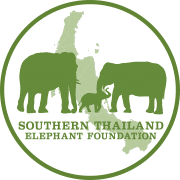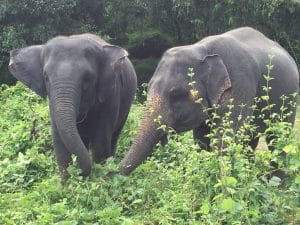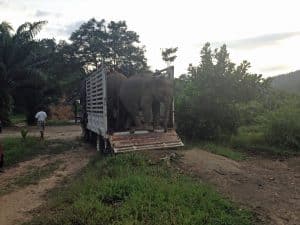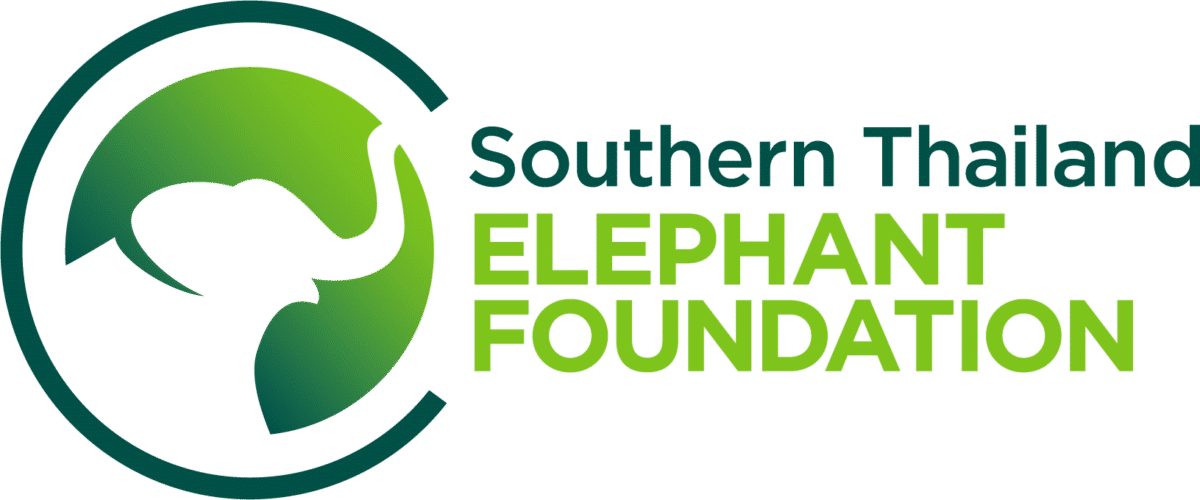LAUNCH OF SOUTHERN THAILAND ELEPHANT FOUNDATION

There are many bona fide organisations working to help elephants in Thailand but sadly there are also some commercial operators that are exploiting the elephant for their own financial benefit.

Thailand is not Africa, and the Asian elephant is not the African elephant. Wild elephants in Thailand are very difficult to count given their dense, forested habitat, but most experts agree there are between 2,000-3,000 elephants in the wild, and these are recognised by the authorities as a fully protected endangered species. But, Thailand is not a large country (it is about the size of France) and as saturation point is reached, human-elephant conflicts arise as elephants encroach on expanding villages, crops, or farms. So, there are challenges ahead for those in the wild.
But what about the domestic elephant? Thailand’s current population of domesticated elephants is also thought to be about 2,000-3,000, and most work either in the tourist industry or in the forests, but each with a carer (mahout) and often his dependent family. A world must be found where these unique and remarkable animals can be preserved safely and humanely, with a life where they 
Commenting on the launch of the charity, the Chairman of Trustees, Dr Andrew Higgins, said:
“STEF seeks to ensure that all domesticated elephants in Southern Thailand are cared for with humanity, and to the highest possible health and welfare standards. We plan to work with elephant owners, schools, and tourist organisations to provide support for research, teaching and by example through our various programs and initiatives to benefit not only the Thai elephant but also those who care for them, and to safeguard the elephant’s place for future generations”.

